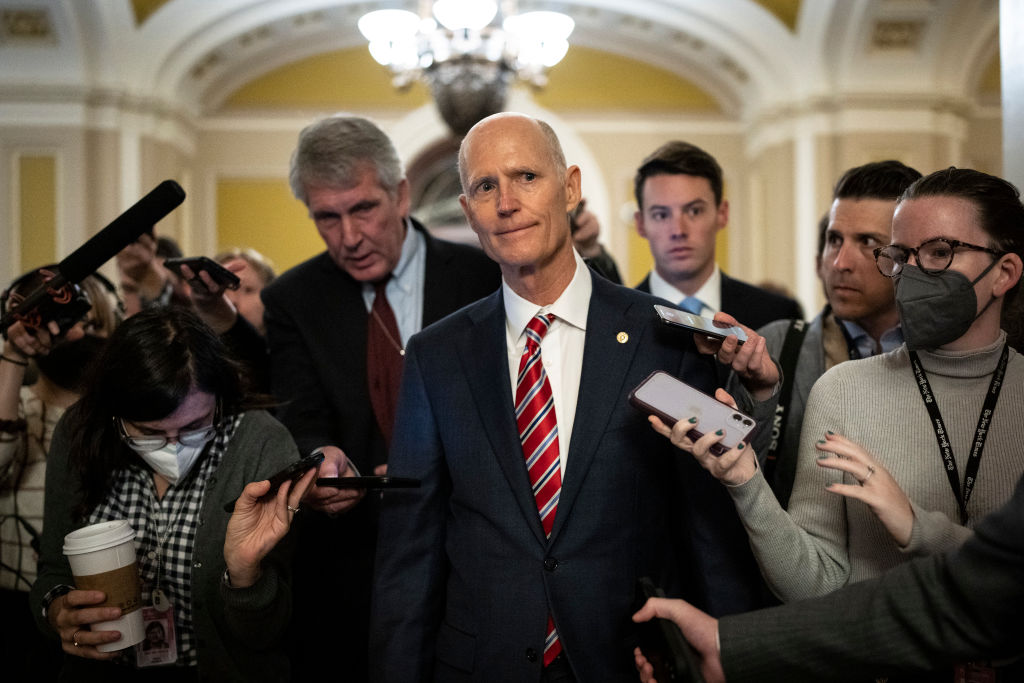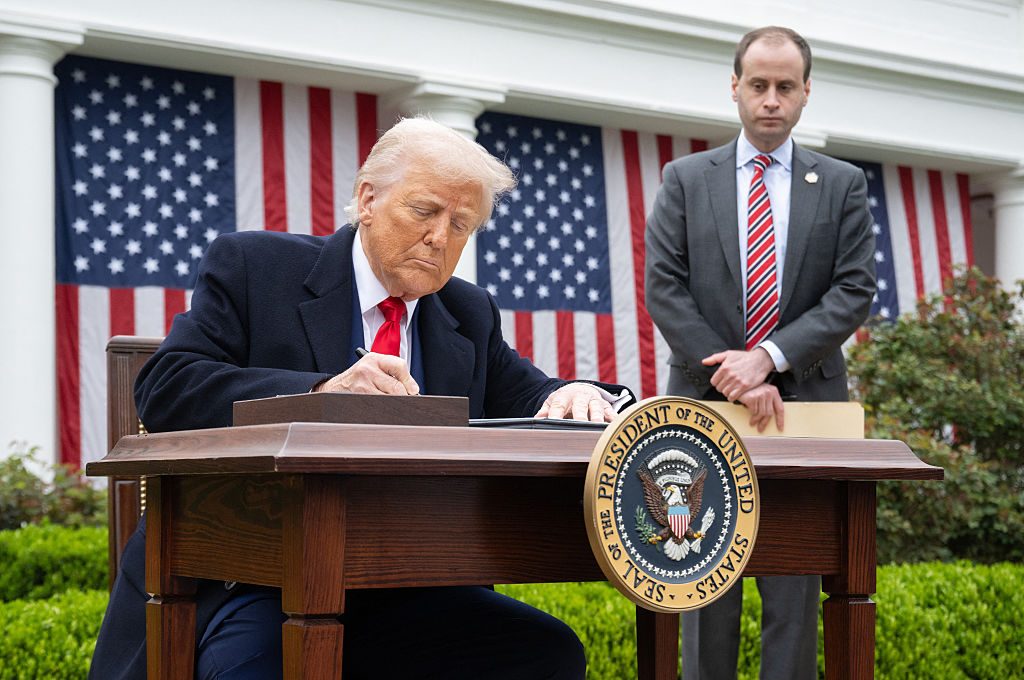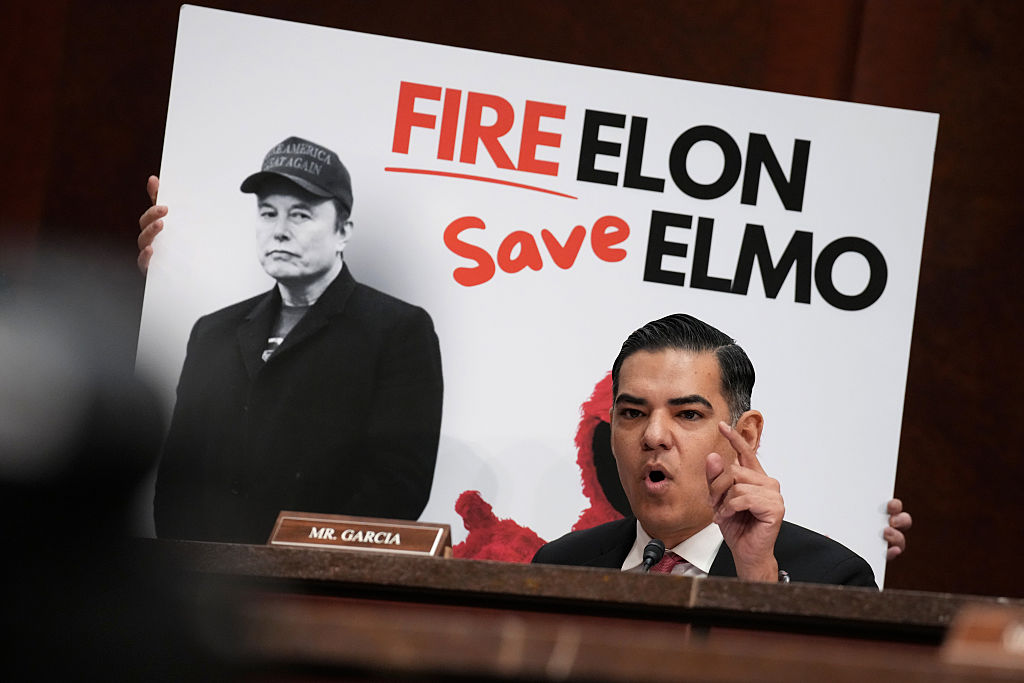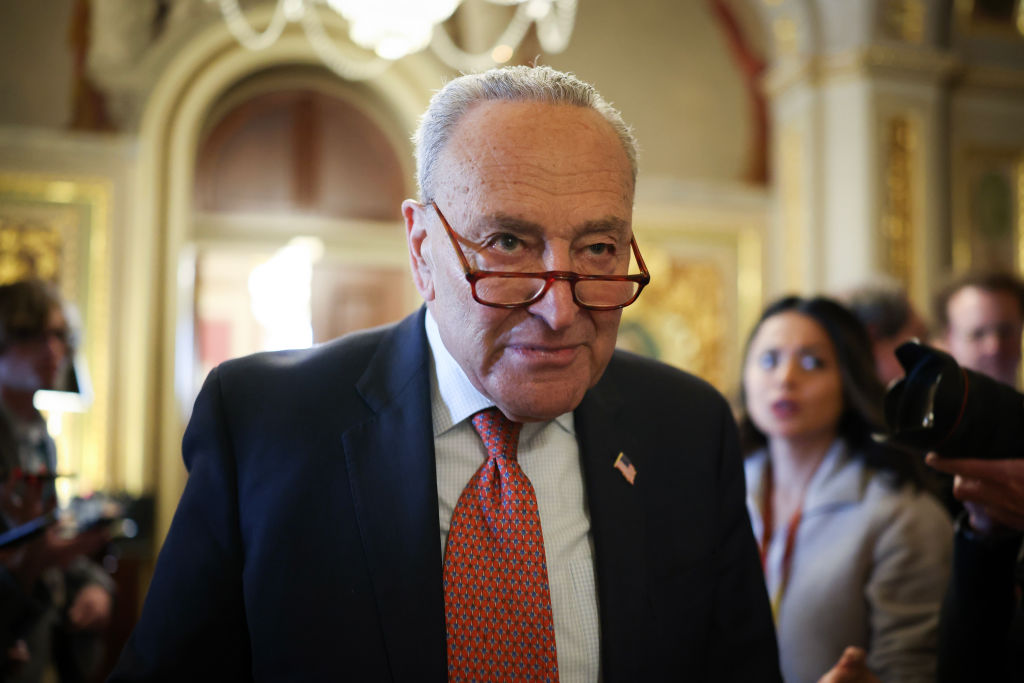In a move that he’s been telegraphing for some time, Florida senator Rick Scott is challenging Mitch McConnell to be leader of the Senate GOP.
Scott and McConnell have openly feuded about the Senate candidates this cycle, with Scott embracing a big tent approach even as McConnell spent more according to who he thought would back his stance for leadership than out of interest in achieving a GOP majority. His expenditures in Alabama, Alaska and New Hampshire are now examples deployed by those who blame McConnell and his attendant groups for the failures of the cycle. Whether this blame is deserved is dependent on who you’re asking — but there certainly is some blame directed at Mitch and the choices his allies made.
There’s also the fact that McConnell is, without a doubt, the least popular Republican in the country. He was omnipresent in ads this cycle as a malevolent force (as evidenced below), while at the same time offering conservatives little in the way of satisfaction on forming any kind of policy agenda. He was a drag without the offsetting advantages of policy leadership.
Scott has his own faults. He advanced a conservative policy agenda that didn’t have enough buy-in from fellow members and which touched the third rail of entitlement program reform. But he is ambitious, a decade younger than McConnell and has the ability to work with Donald Trump in ways that are impossible for the current leader. He also, by dint of his success in business and relationships forged while governor of Florida, has the good relationships with the donor class necessary to lead Republicans in the Senate.
Scott’s gambit here is unlikely to succeed in part because Senate Republicans still seem loath to move on from Mitch. But there is increased opposition to him, with new members over multiple cycles joining the body with their own critiques of his style. The success of nominations and judicial appointments is McConnell’s legacy — and he has served the conservative movement well in that capacity. But Republicans want more than that from Senate leaders, particularly when it comes to pushing the envelope on policy confrontations with what they view as an aggressively leftist Biden administration.
McConnell’s team has worked hard to blame the midterm disappointment on Trump and Scott. The degree to which they are successful within the body will determine how much support Scott ultimately gets for the first significant challenge McConnell has faced in fifteen years.

























